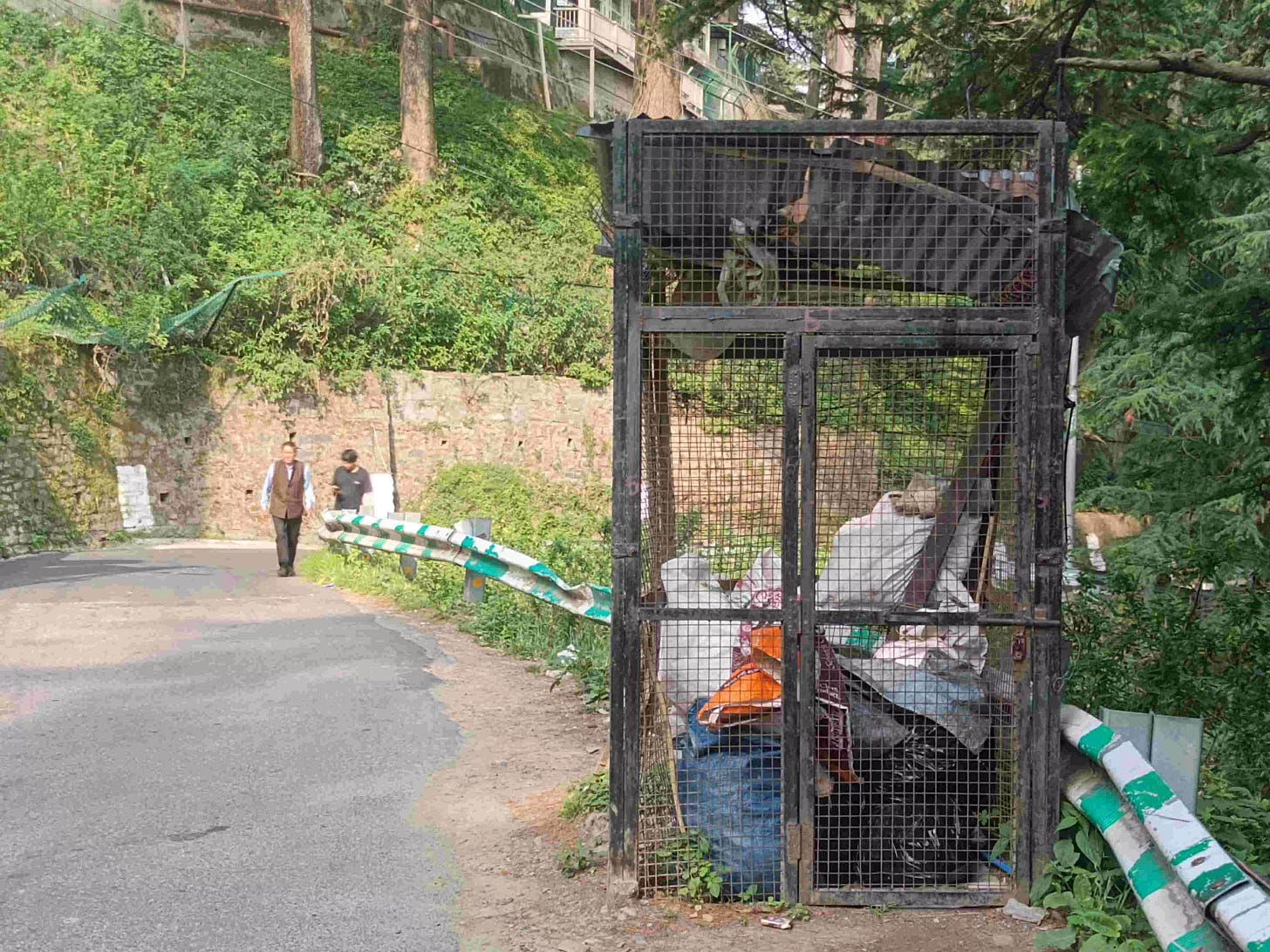Heat, Waste, and the Fight for the Vote
This week, studying the govt's AC temperature limits, Himachal's waste crisis, and how Bihar's voter list drive could disenfranchise millions
As India sizzles under climate stress and administrative strain, three powerful reports show how governance decisions are reshaping everyday lives:
A government plan to cap AC temperatures triggers a debate about energy justice in a country where most can’t afford air conditioning.
From Shimla to Chamba, Himachal’s fragile hills are drowning in unmanaged plastic. Despite laws and promises, solid waste mismanagement is threatening rivers, forests, and the very idea of "clean India."
Bihar’s mass voter list revision may end up disenfranchising millions—poor, migrant, and disaster-affected citizens who now must scramble to prove their citizenship with documents they may never have had.
Power Play: Can Regulating AC Temperatures Cool India's Energy Woes?
A new government proposal to regulate air conditioner temperatures by capping cooling at 20°C and heating at 28°C has triggered debate across the country. Union Minister Manohar Lal Khattar framed the move as an energy-saving experiment, citing the ballooning power load from residential cooling. Critics call it a step too far into personal freedoms. Supporters, however, say the stakes -- skyrocketing electricity demand, rising emissions, and deepening heat stress -- justify nudging consumers toward smarter use.
India’s residential AC penetration may be just 7–9%, but demand is projected to soar. ACs set at 16°C not only spike energy use but also widen the inequity gap in access to cooling. The fan-first strategy, which pairs fans with higher AC temperature settings, could dramatically lower power consumption. But experts warn that this regulation alone won’t cut it. Stricter building codes, smarter appliance incentives, and a revamp of the star rating system must follow, they say. Climate action, after all, needs both the stick and the carrot. Tanvi Deshpande explores both sides of the debate
Plastic in the Pines: Why Himachal’s Waste Crisis Refuses to Go Away
Despite a flurry of regulations, waste bylaws and civic warnings, Himachal Pradesh’s garbage problem is festering in its forests, streams, and tourist towns. In villages like Sangti near Shimla, waste is dumped in forests despite weekly pickups. In Chamba, trash is tossed into rivers by municipal trucks. In Kasol, plastic heaps in protected deodar groves went viral before sparking official action. Local panchayats say they lack funds, staff, and support to enforce the rules.
While India’s green state boasts strict bans on single-use plastic, enforcement is weak and decentralized systems for waste segregation and composting are rare. Even monkeys have sabotaged surveillance cameras meant to deter littering. Without real accountability or sustained community engagement, legacy waste grows and fragile mountain ecosystems suffer. With the INC-5.2 global plastics summit approaching, Himachal’s crisis is a local echo of a worldwide reckoning -- one that demands both vision and follow-through. Surindra Kumar reports
Proof or Perish? Bihar’s Voter List Drive Puts Millions at Risk of Disenfranchisement
Widowed and weary, 55-year-old Shehnaz Khatoon has spent five days chasing paperwork in Bihar’s Katihar district in a bid to verify her son’s voter eligibility. Elsewhere, flood-hit Sattu Yadav, 70, has no birth or citizenship records and hence, no proof that he even exists. Stories like theirs are multiplying across the state as the Election Commission’s Special Intensive Revision of the electoral roll demands documentation many poor, rural, migrant, and disaster-affected citizens don’t possess.
Nearly 29 million voters added since 2003 must now prove their citizenship, often without acceptable documents. While the rules keep shifting and B.L.O.s drown in paperwork, confusion and panic reign. Critics liken this to a bureaucratic demonetisation of voting rights, especially for the marginalised. Opposition parties call the move unconstitutional, and have taken to the streets and the courts. In a state shaped by migration, floods, and poverty, the right to vote hangs by a fragile thread of paperwork, and faith in the system is wearing thin. A ground report by Rahul Kumar Gaurav and Aquil Javed
Have a good weekend, all.





